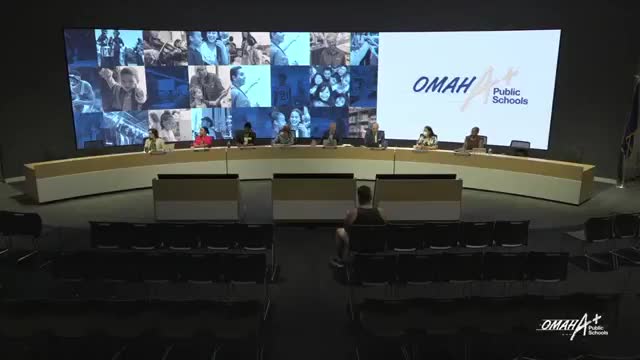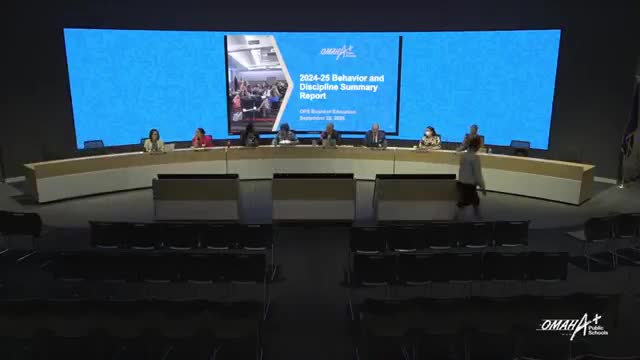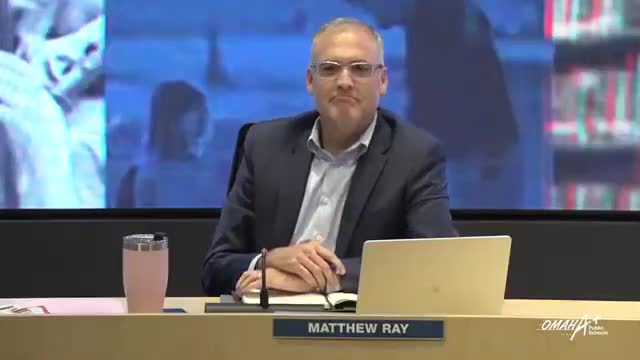Article not found
This article is no longer available. But don't worry—we've gathered other articles that discuss the same topic.

Public commenters press Omaha Public Schools on library books, bus-pass program and recording policy at board meeting

Omaha Public Schools reports declines in serious behavior events and suspensions; equity gaps remain

